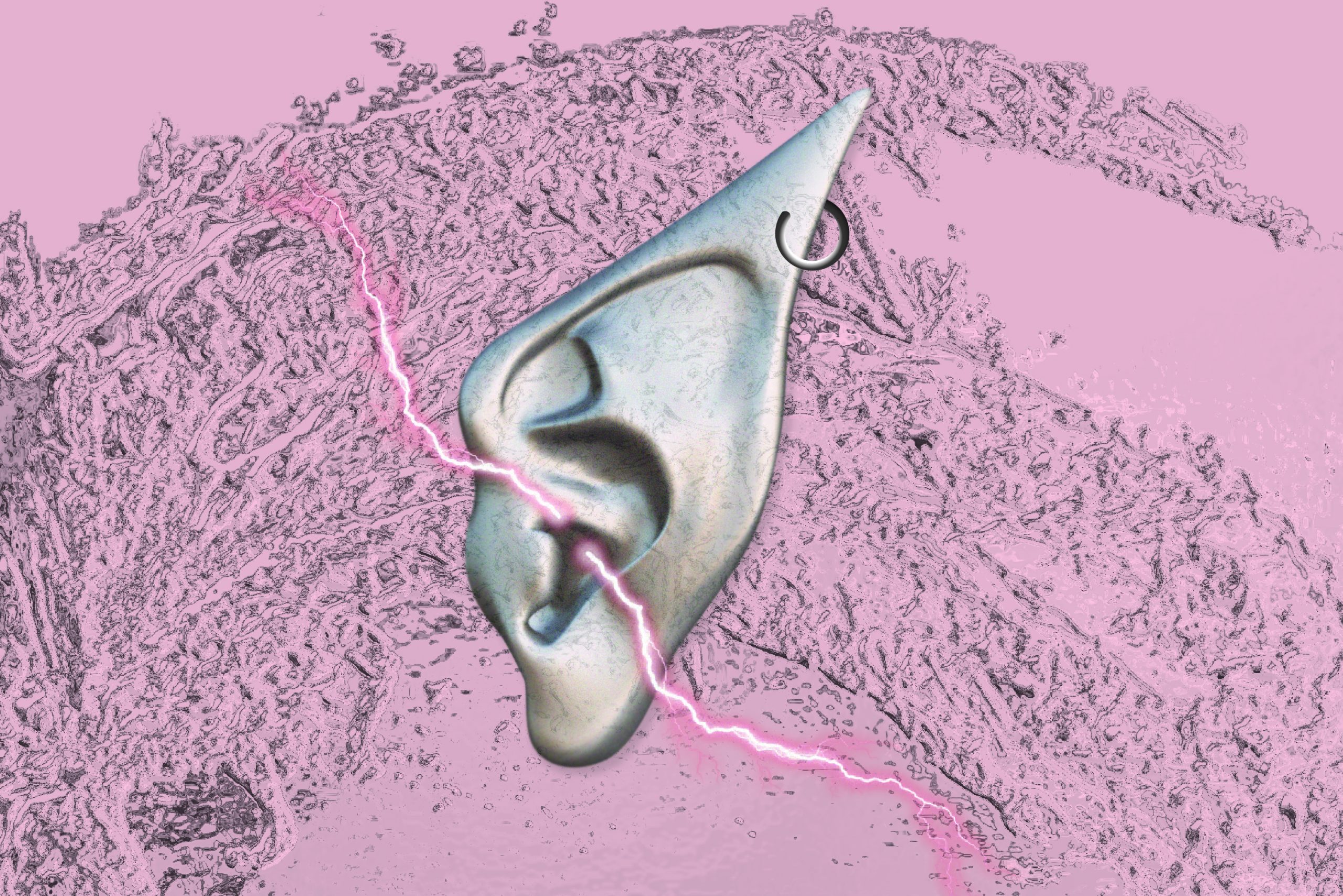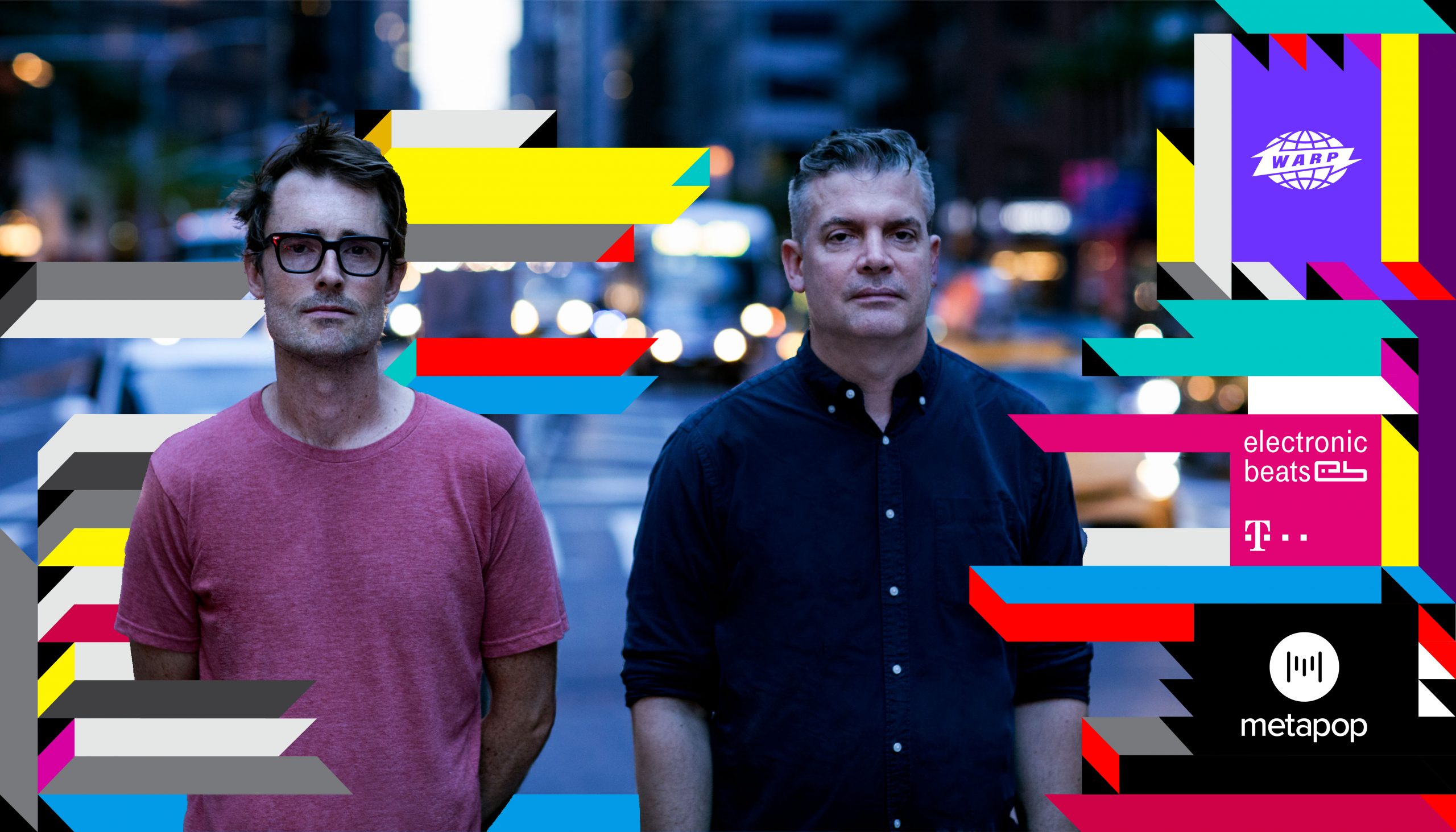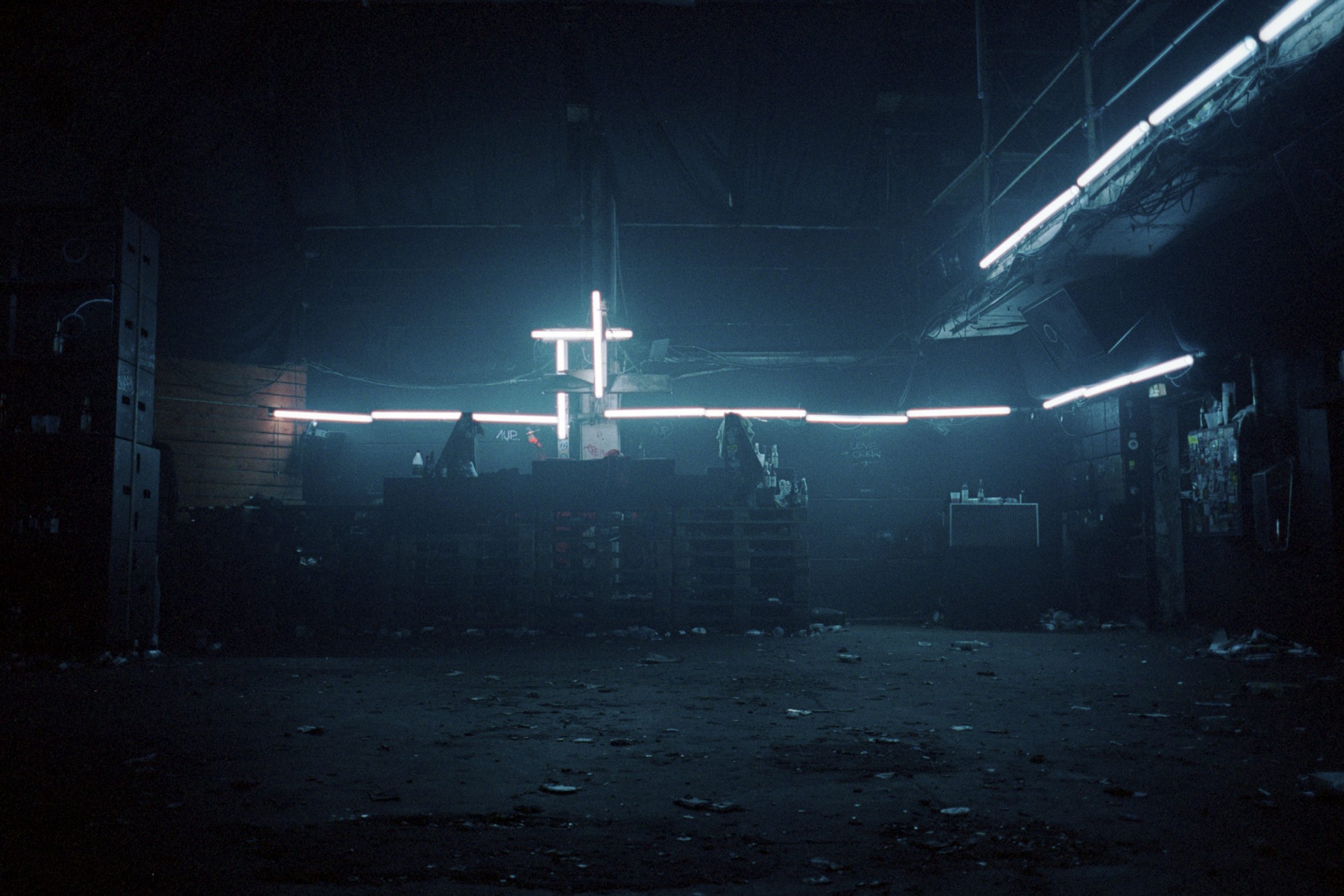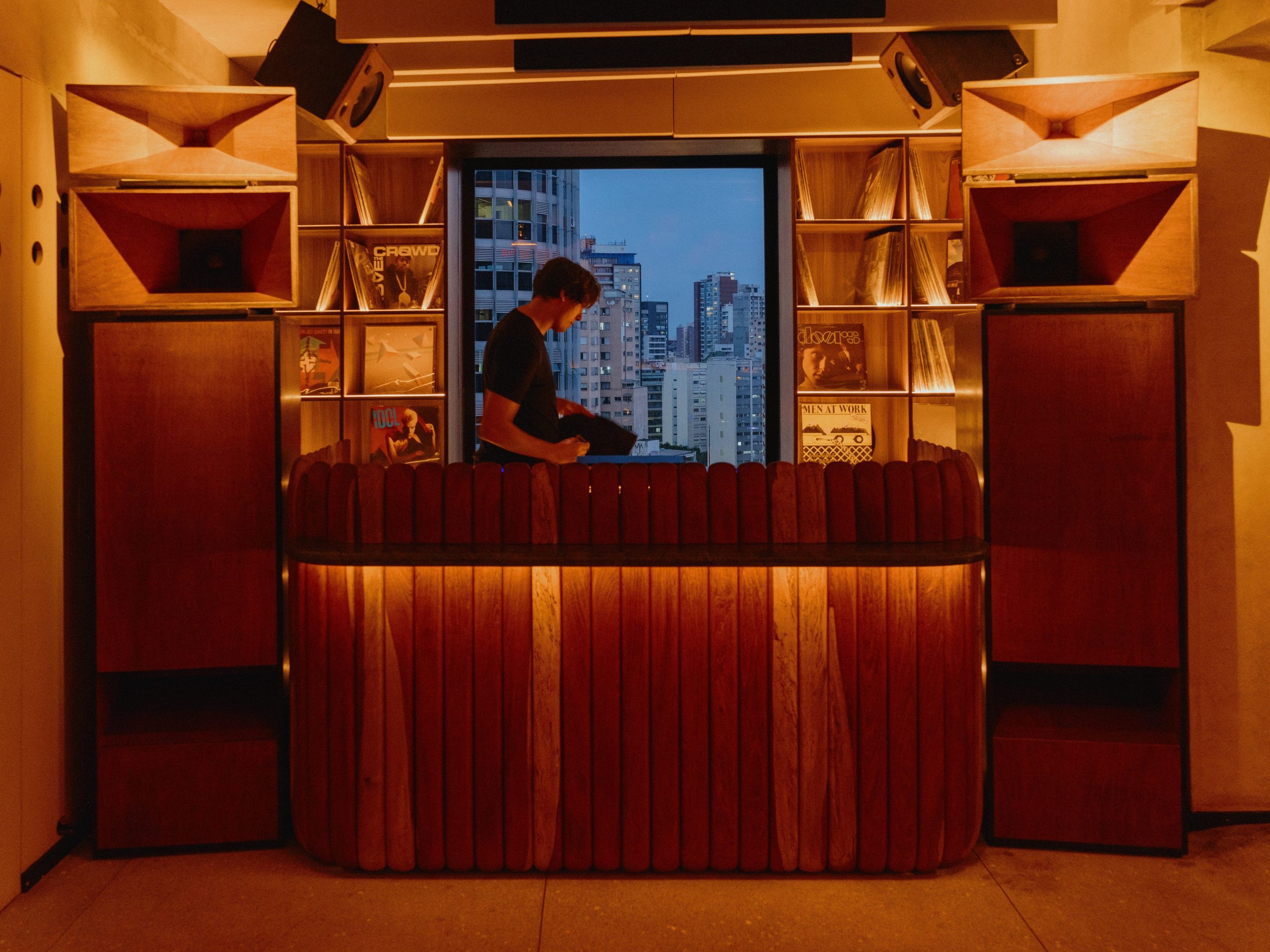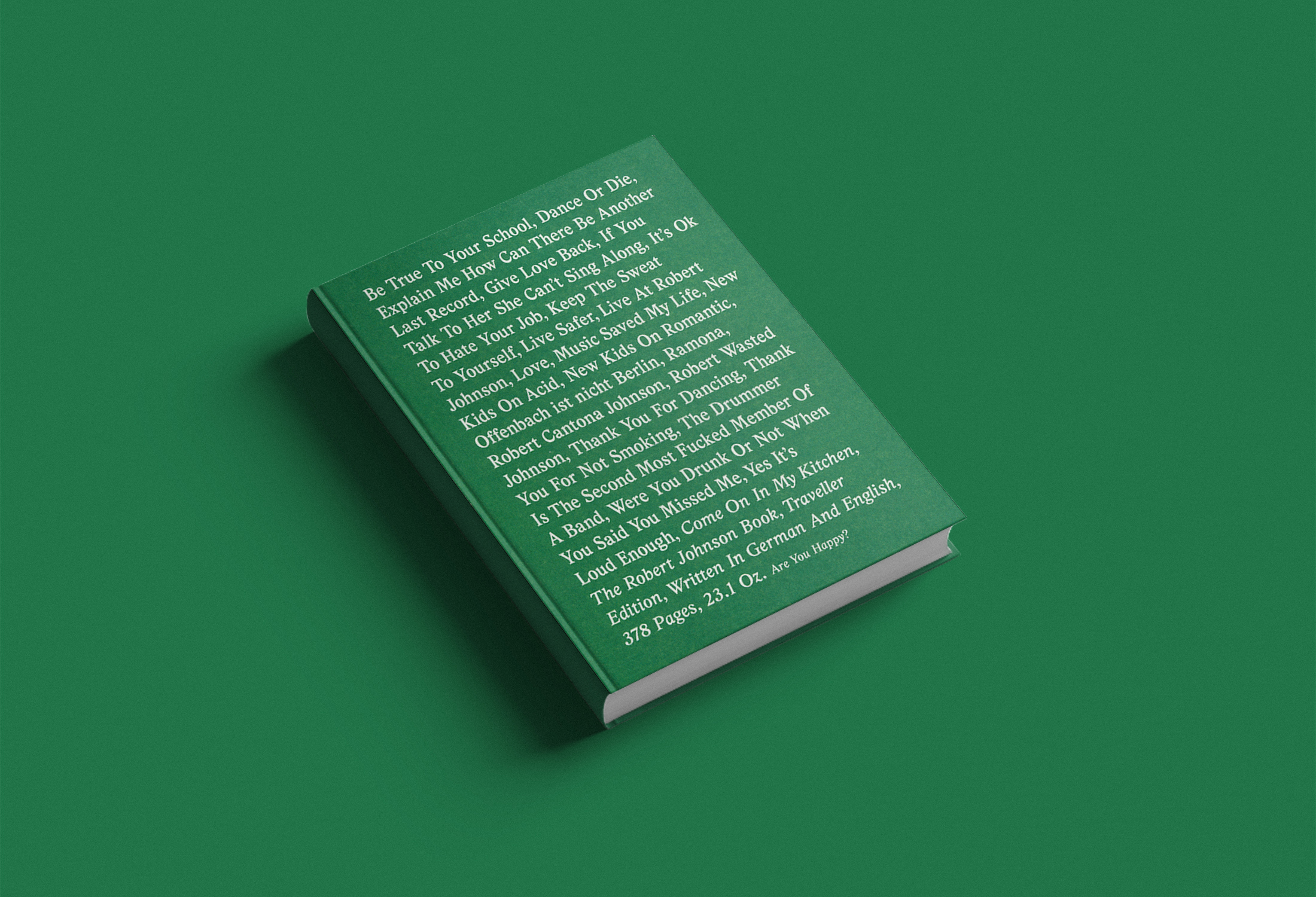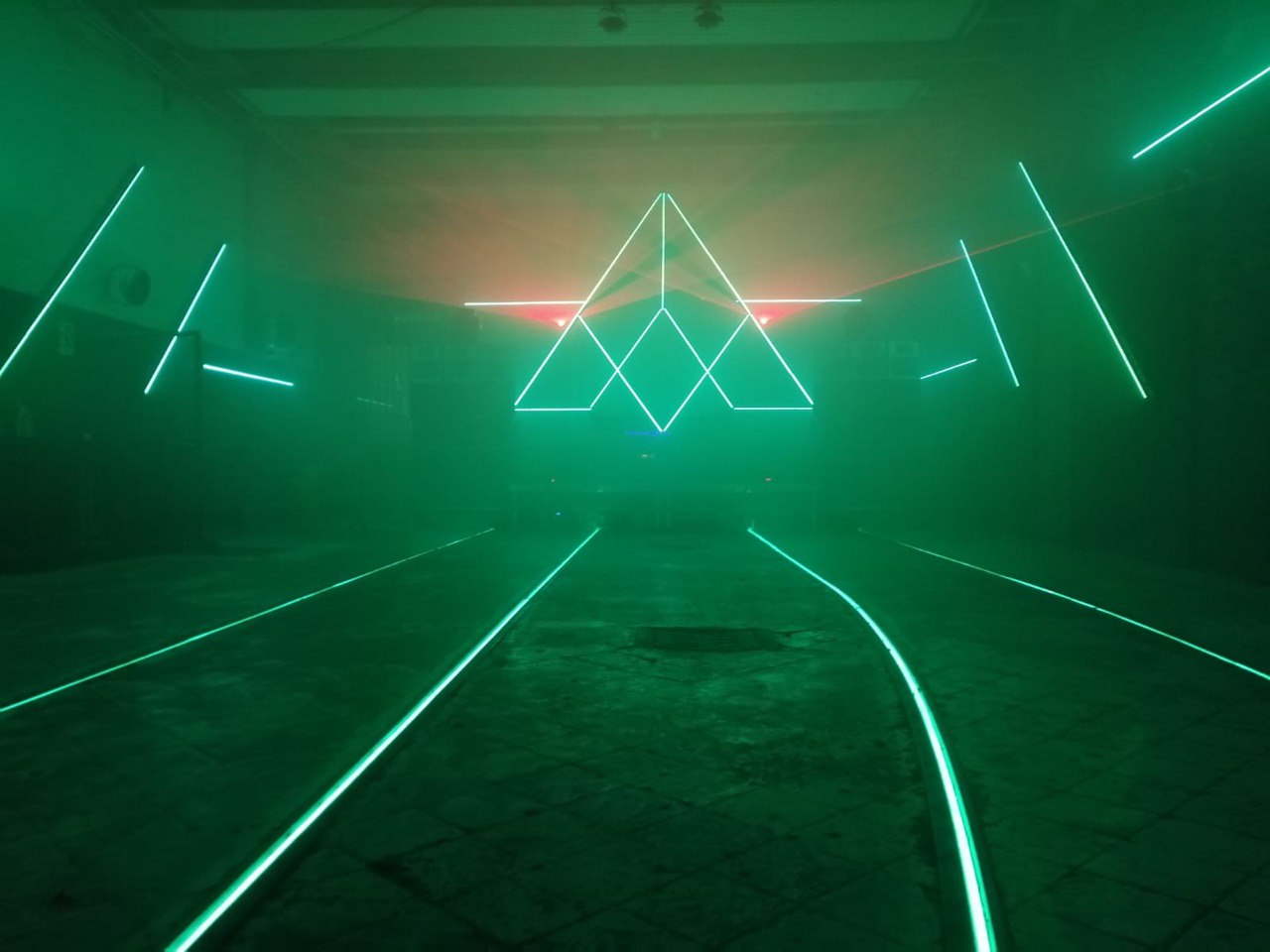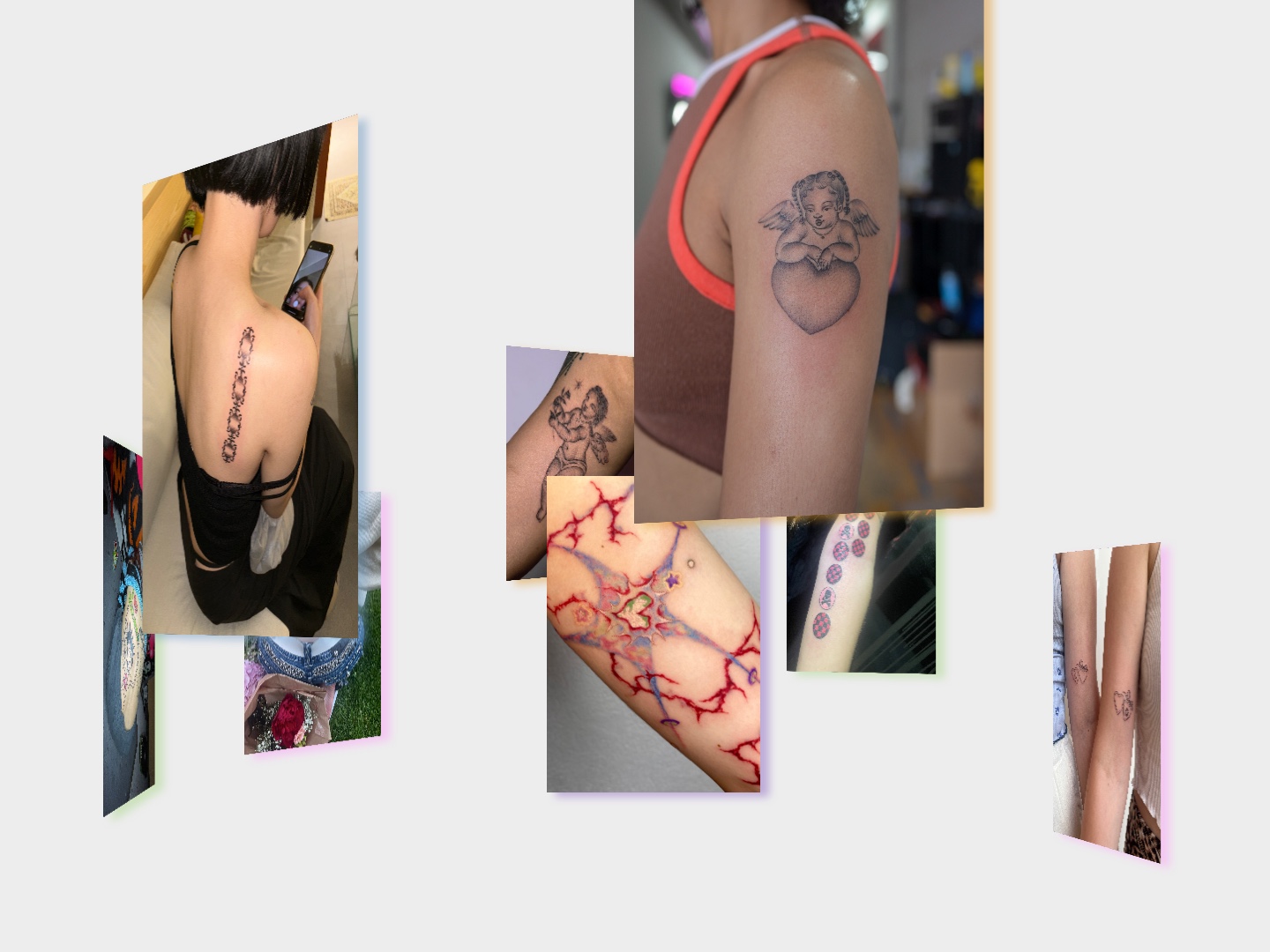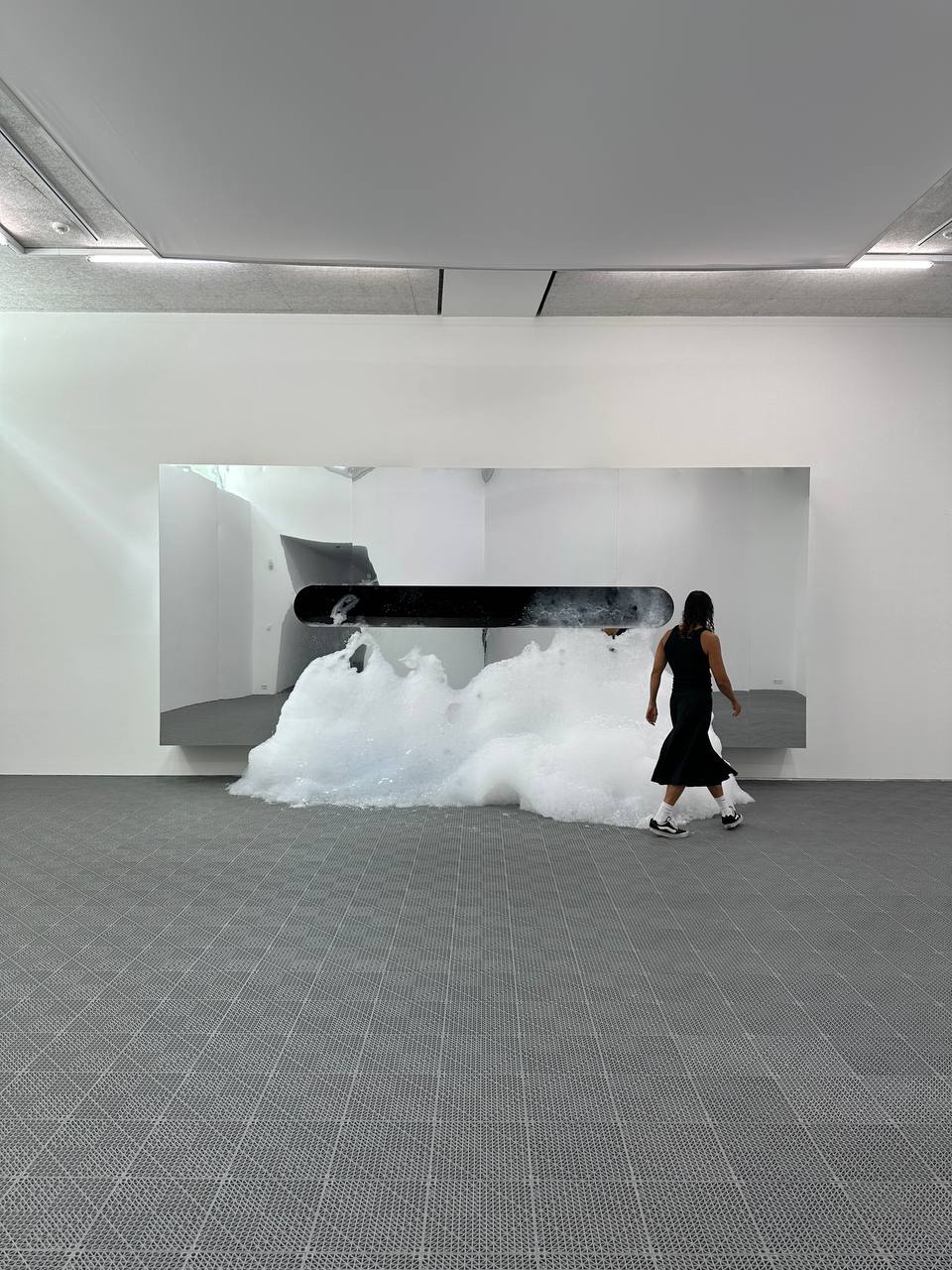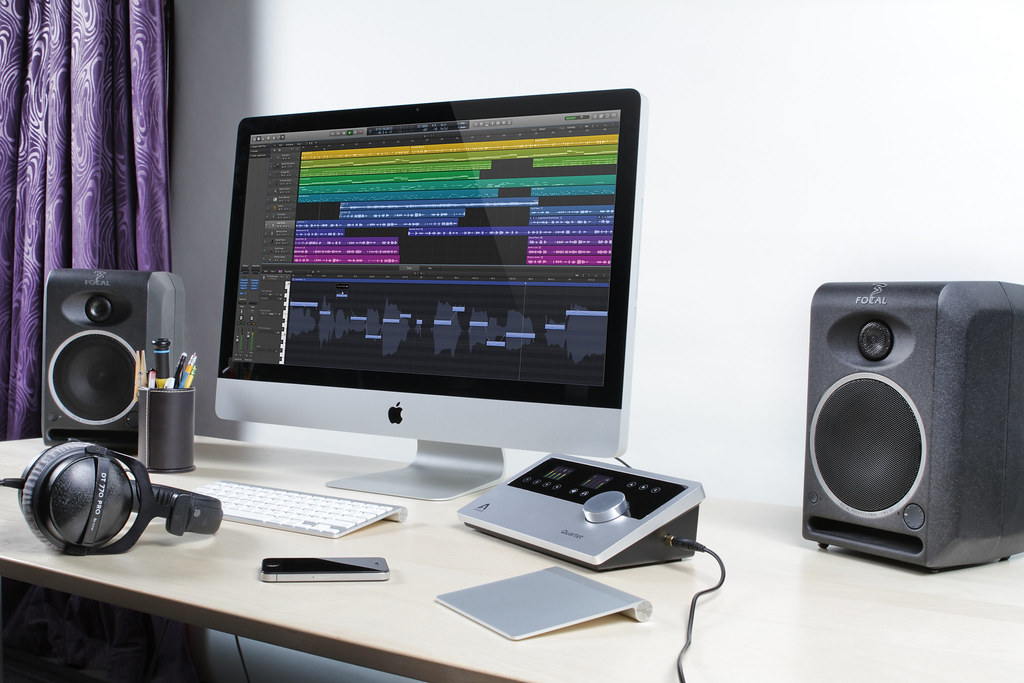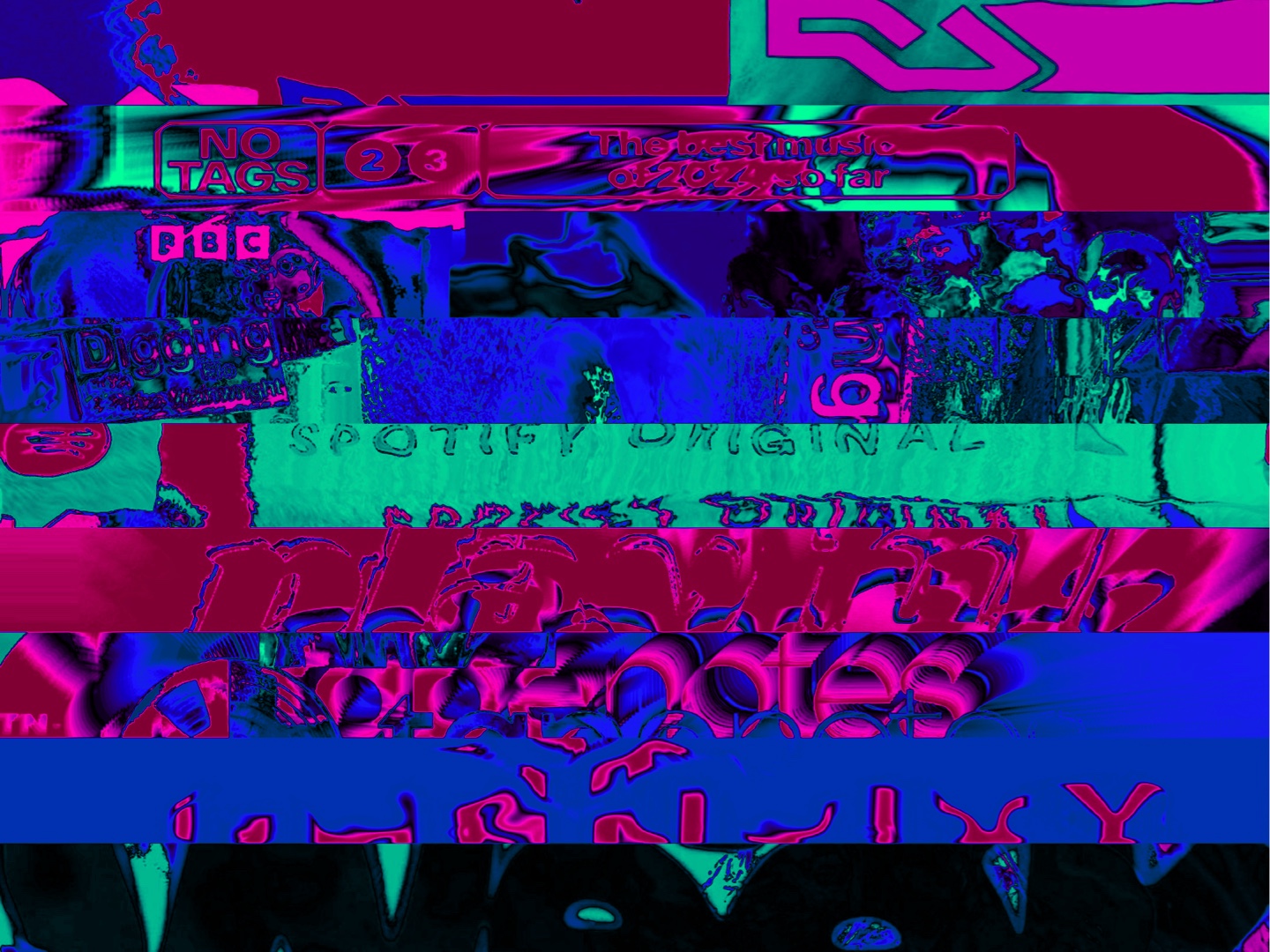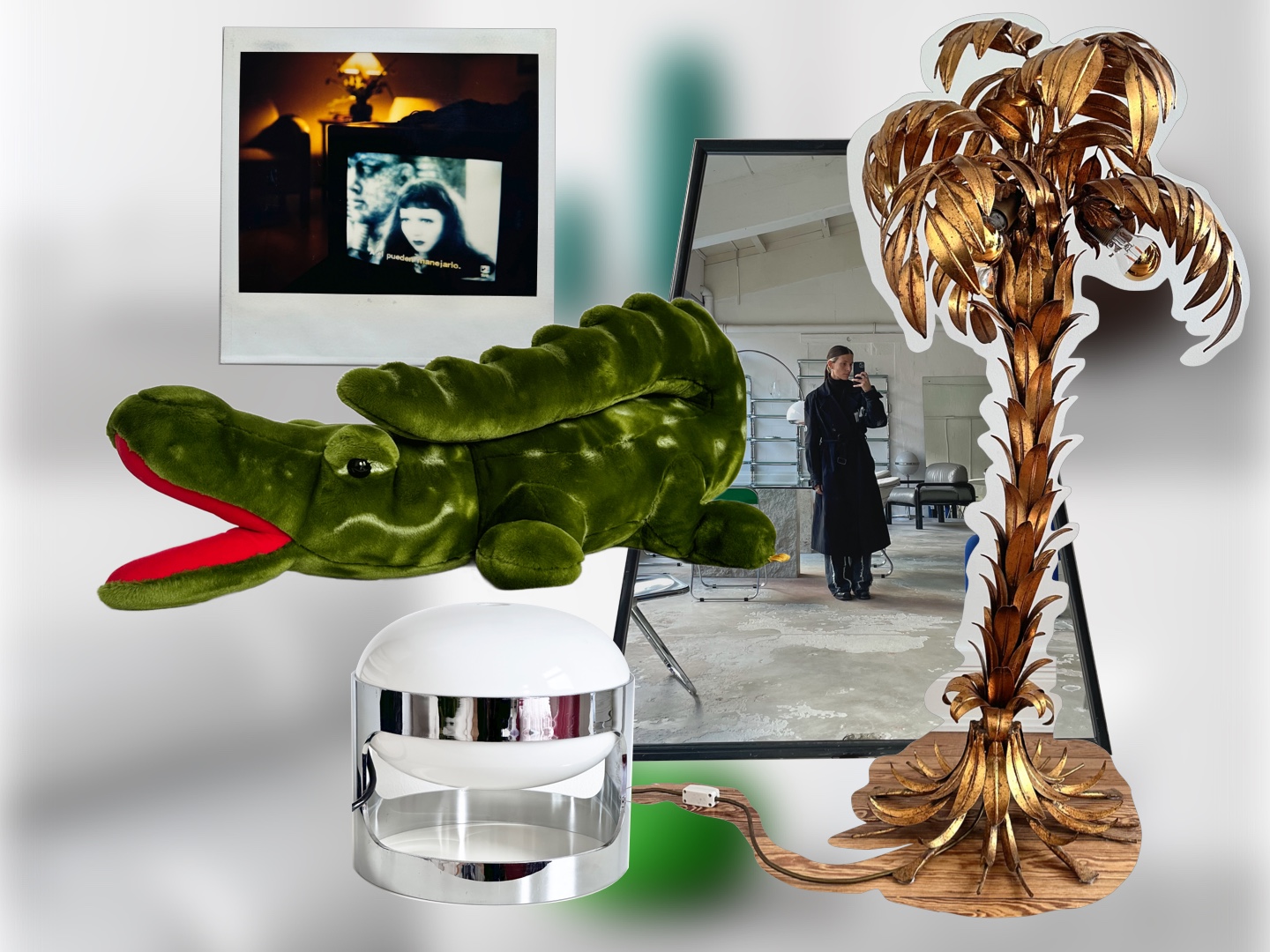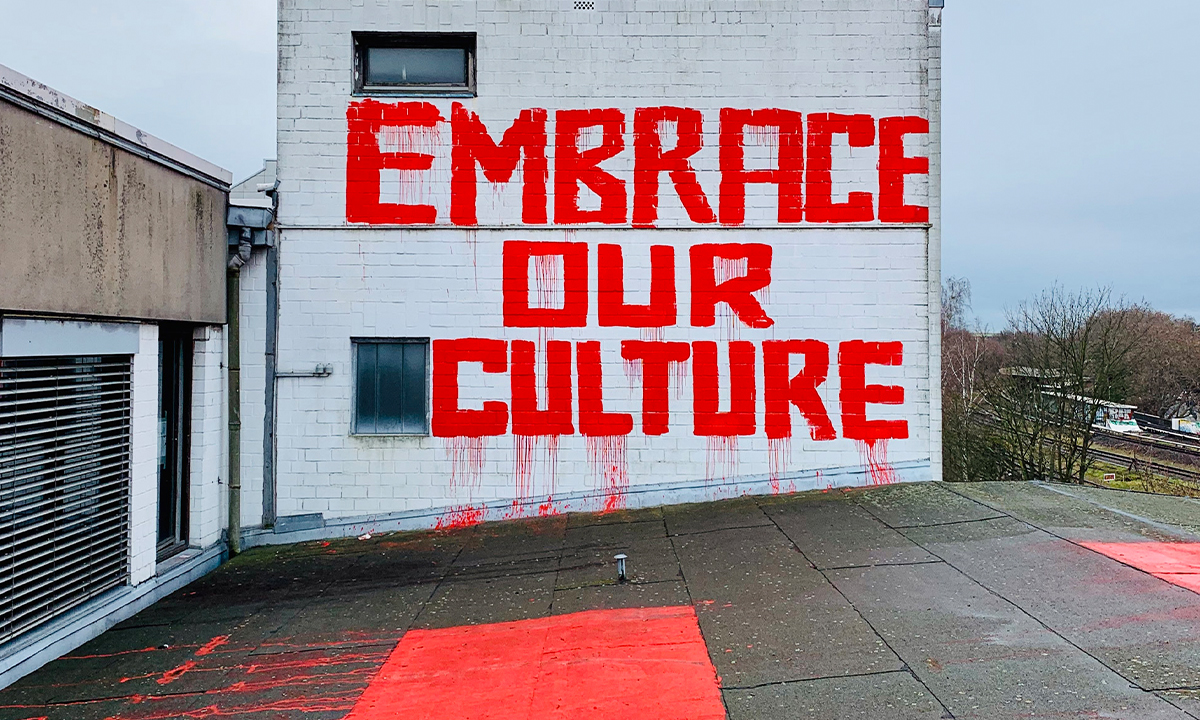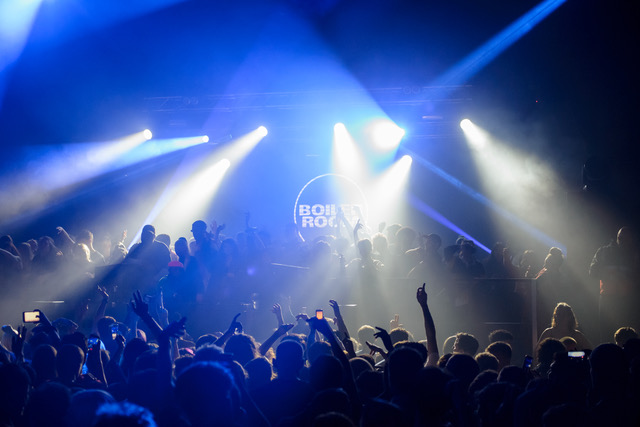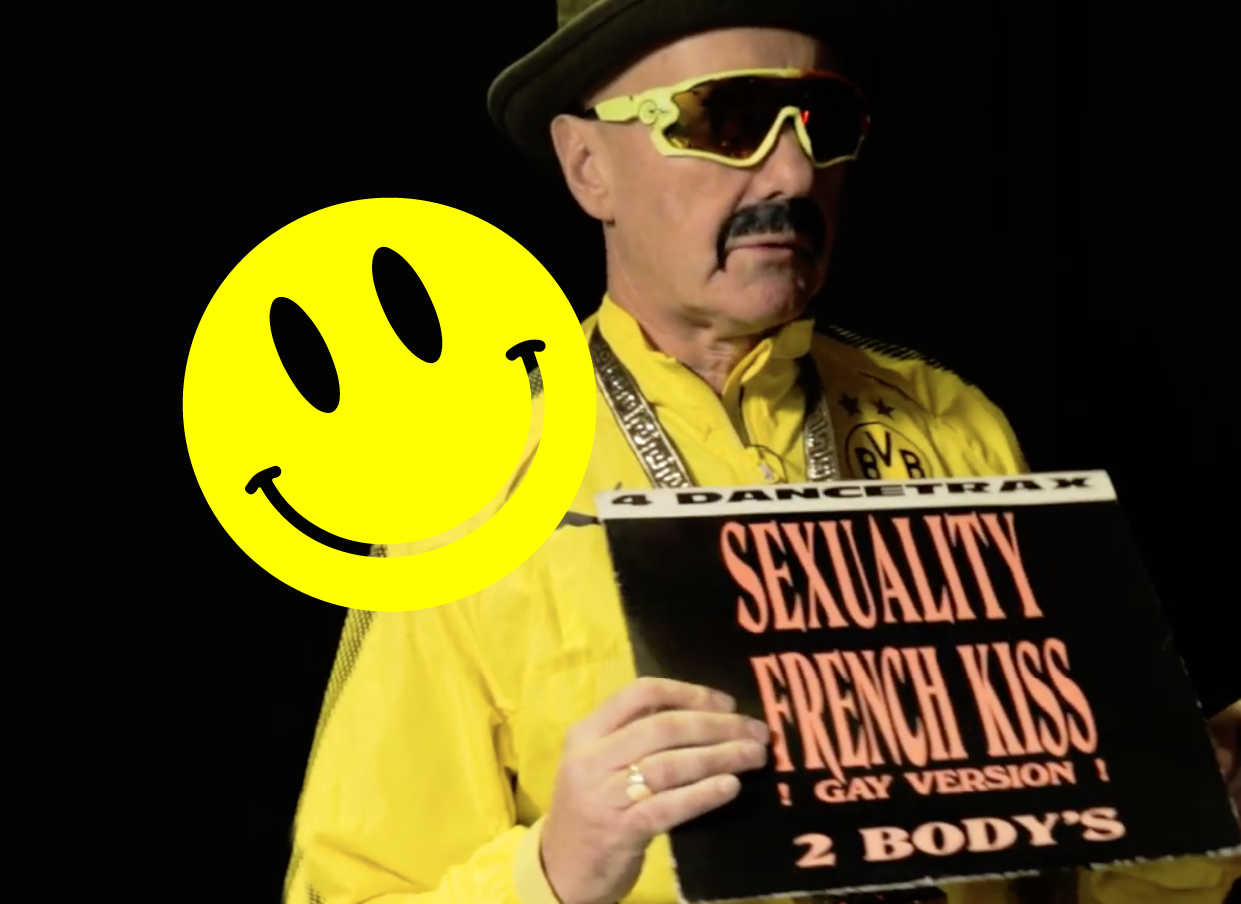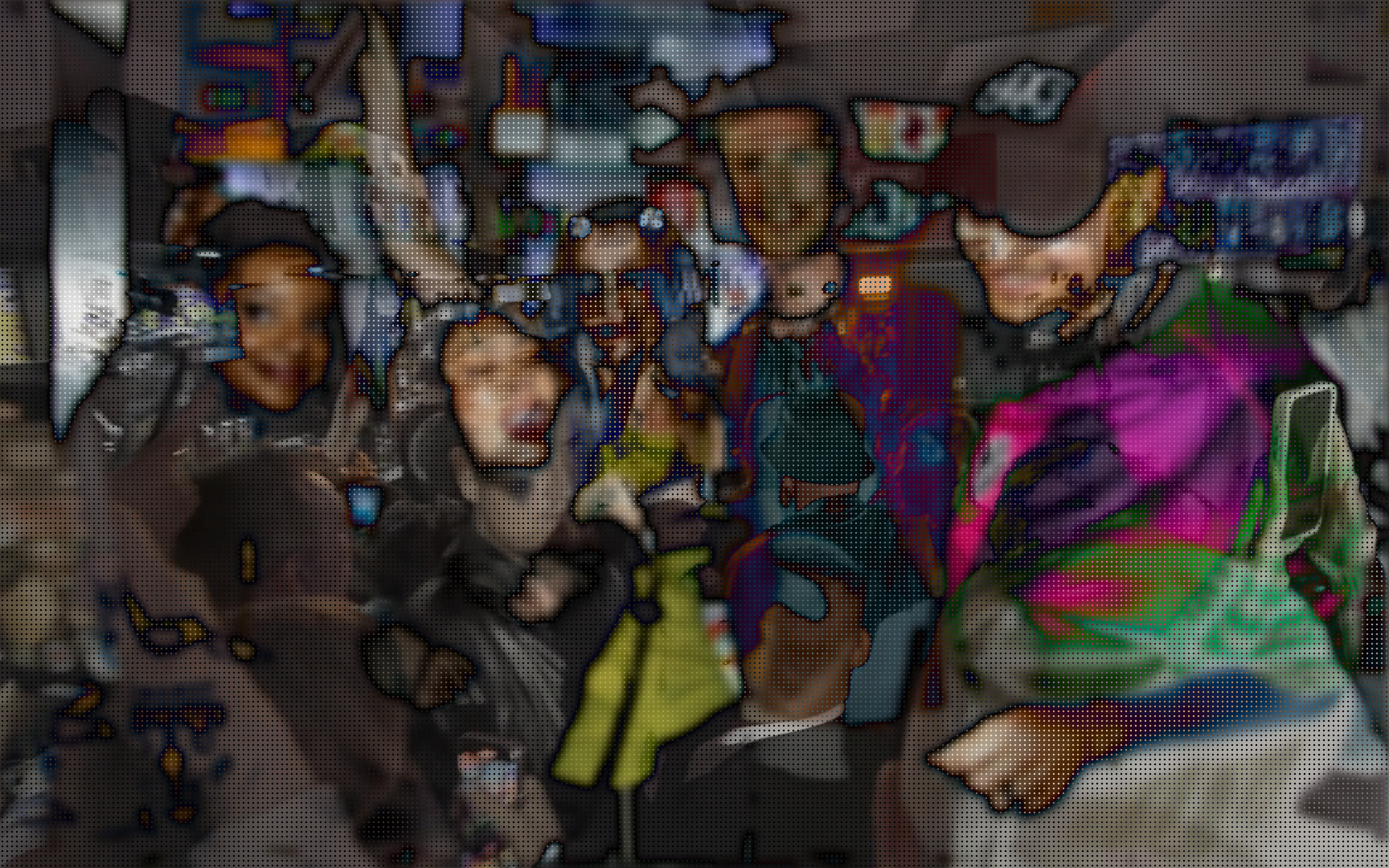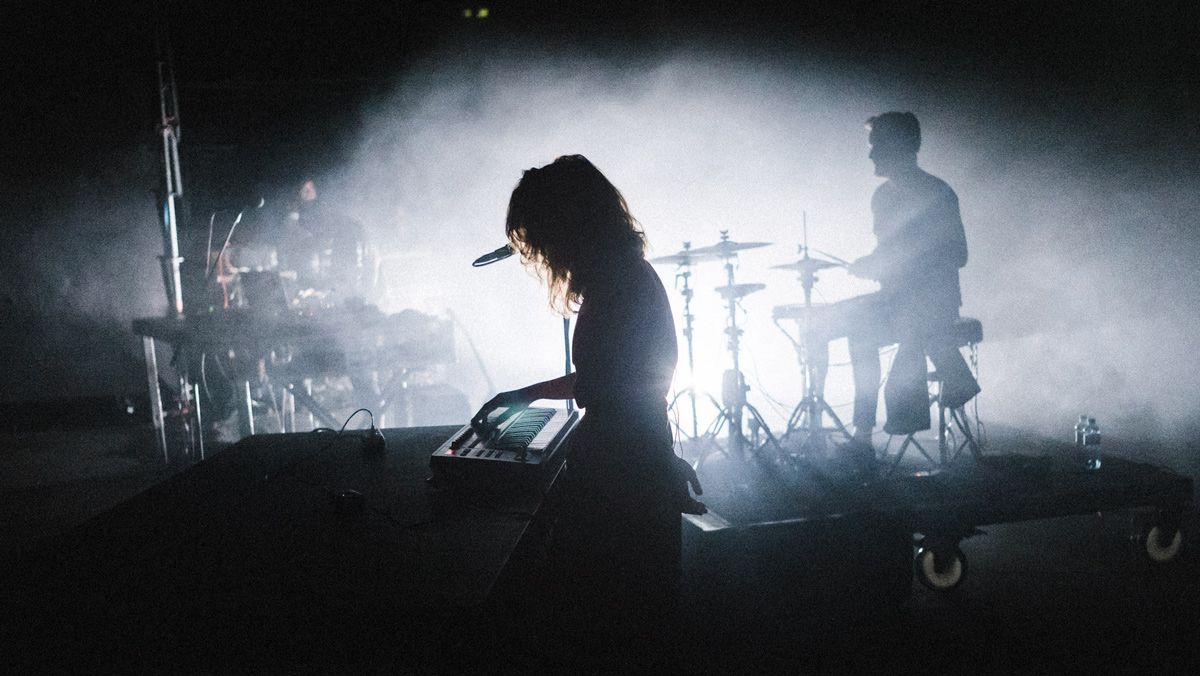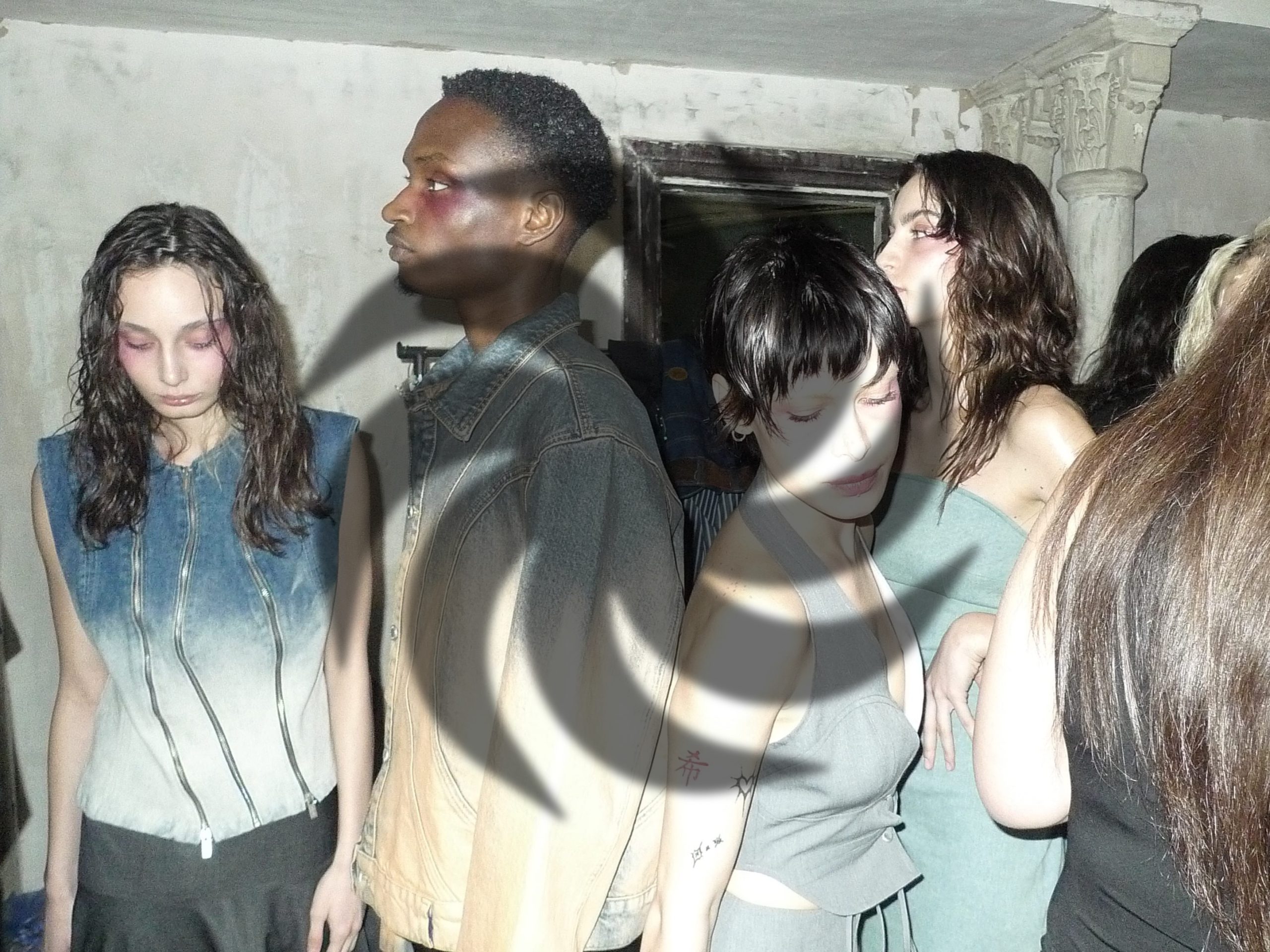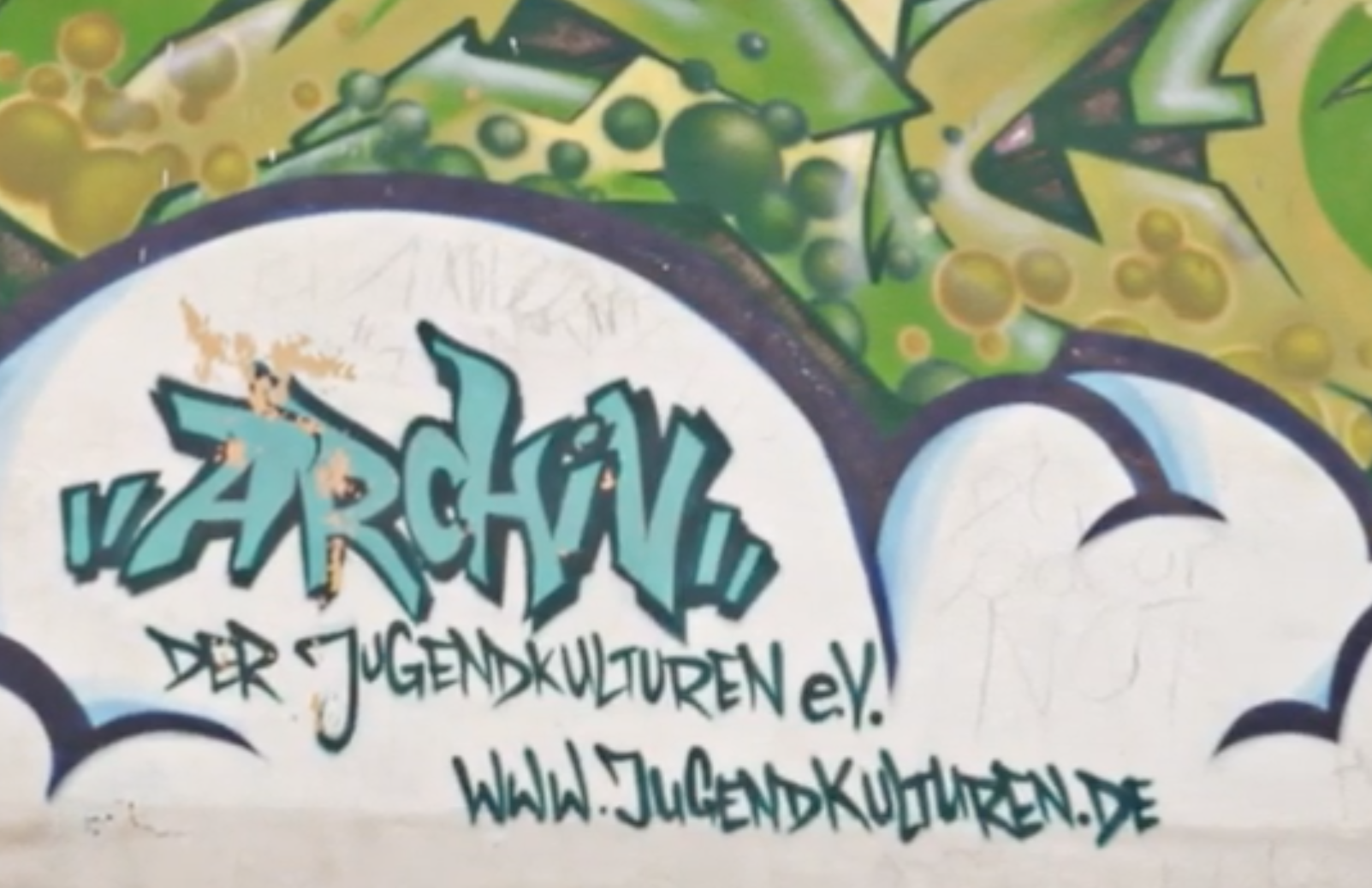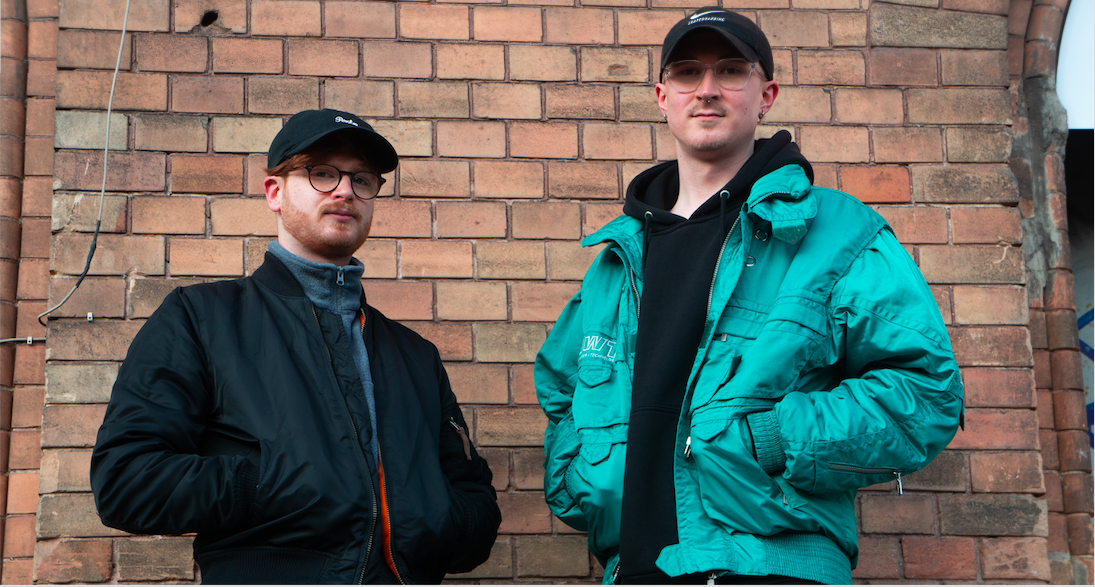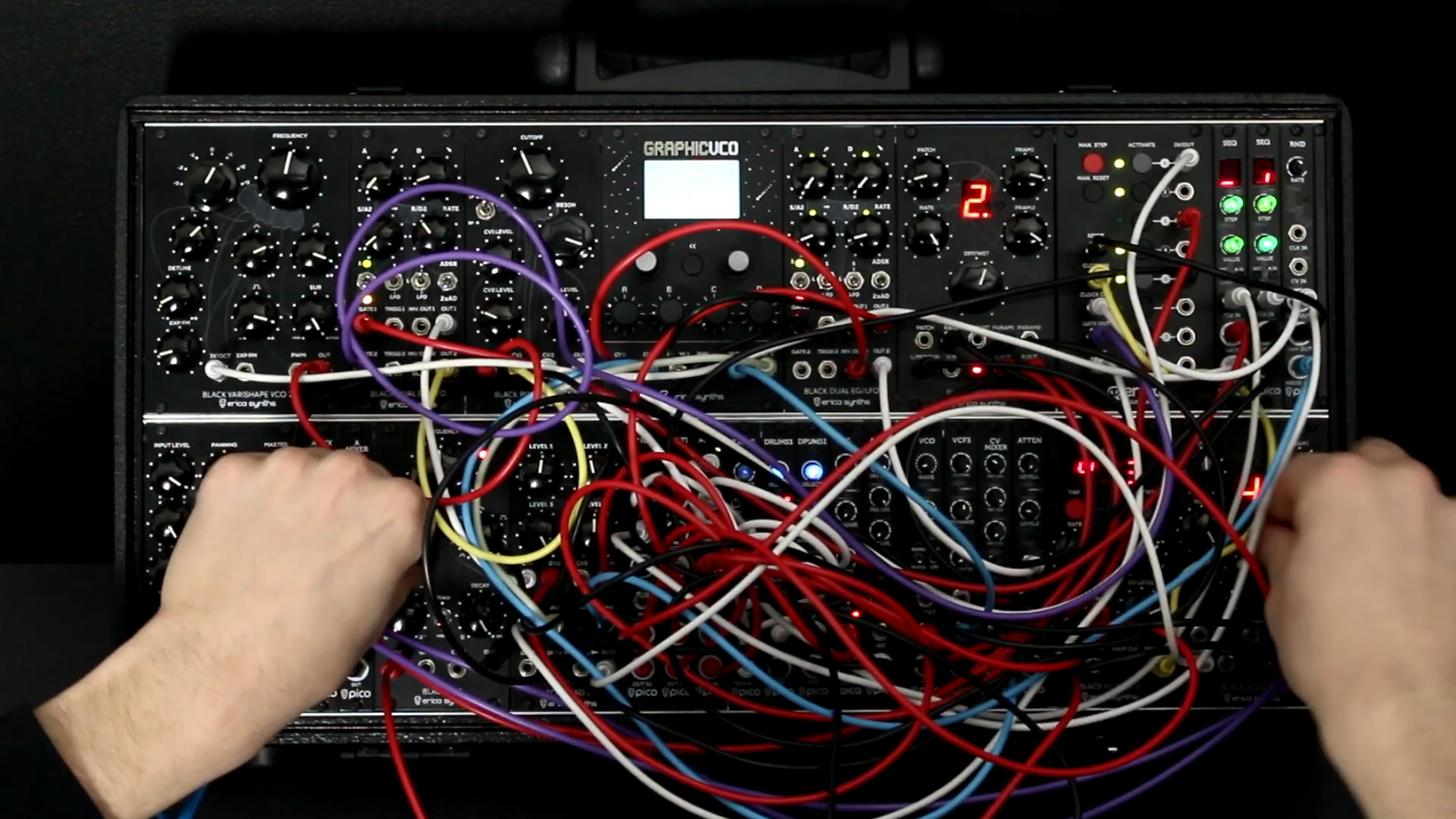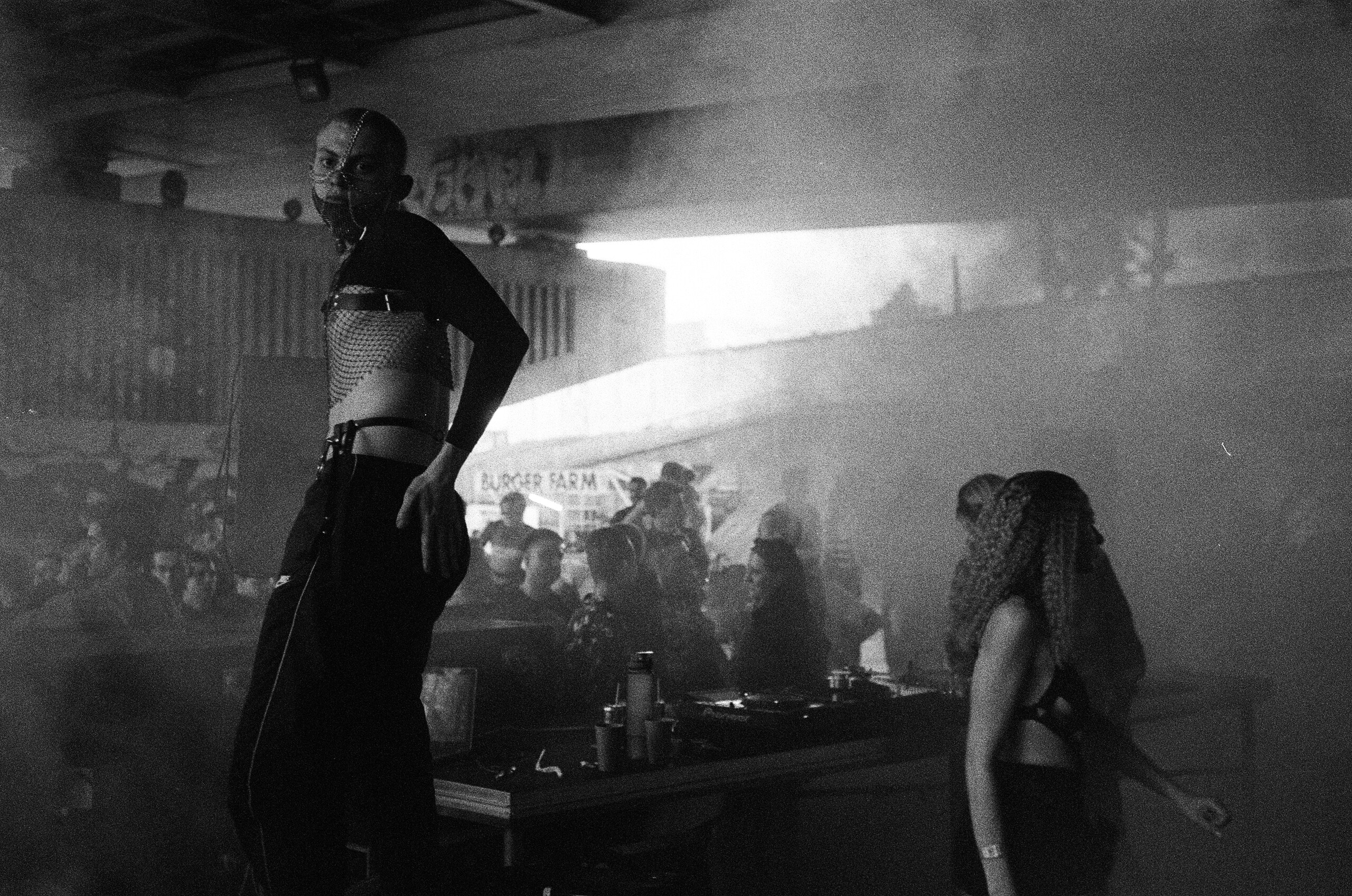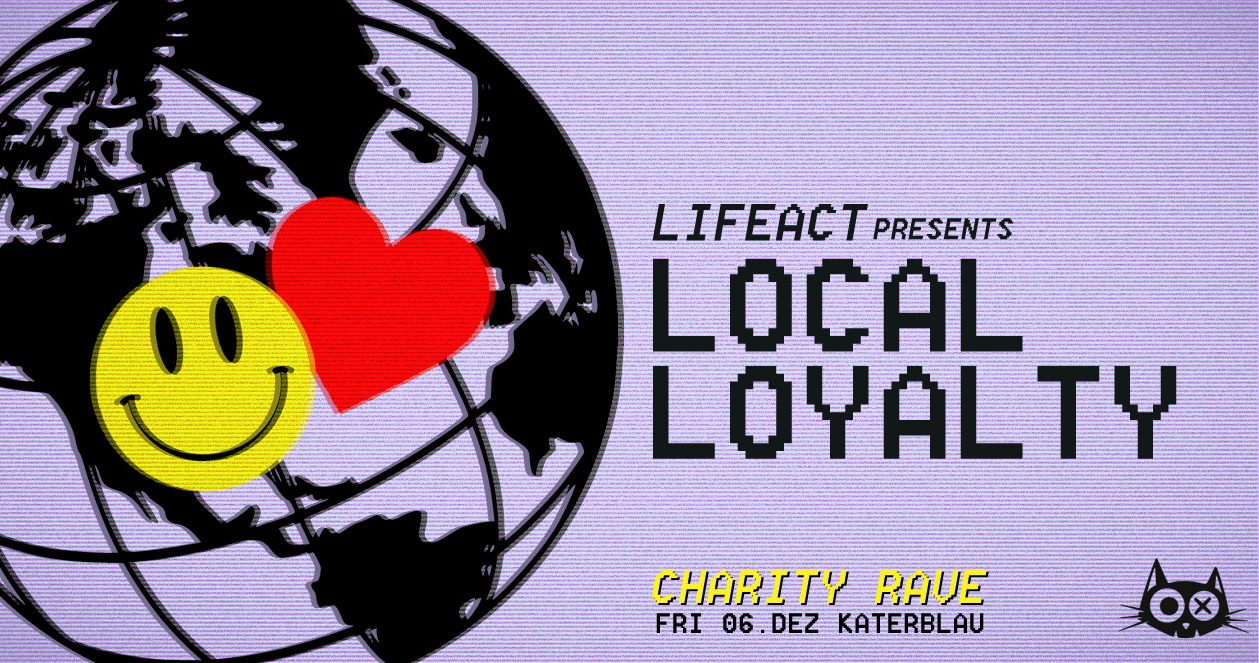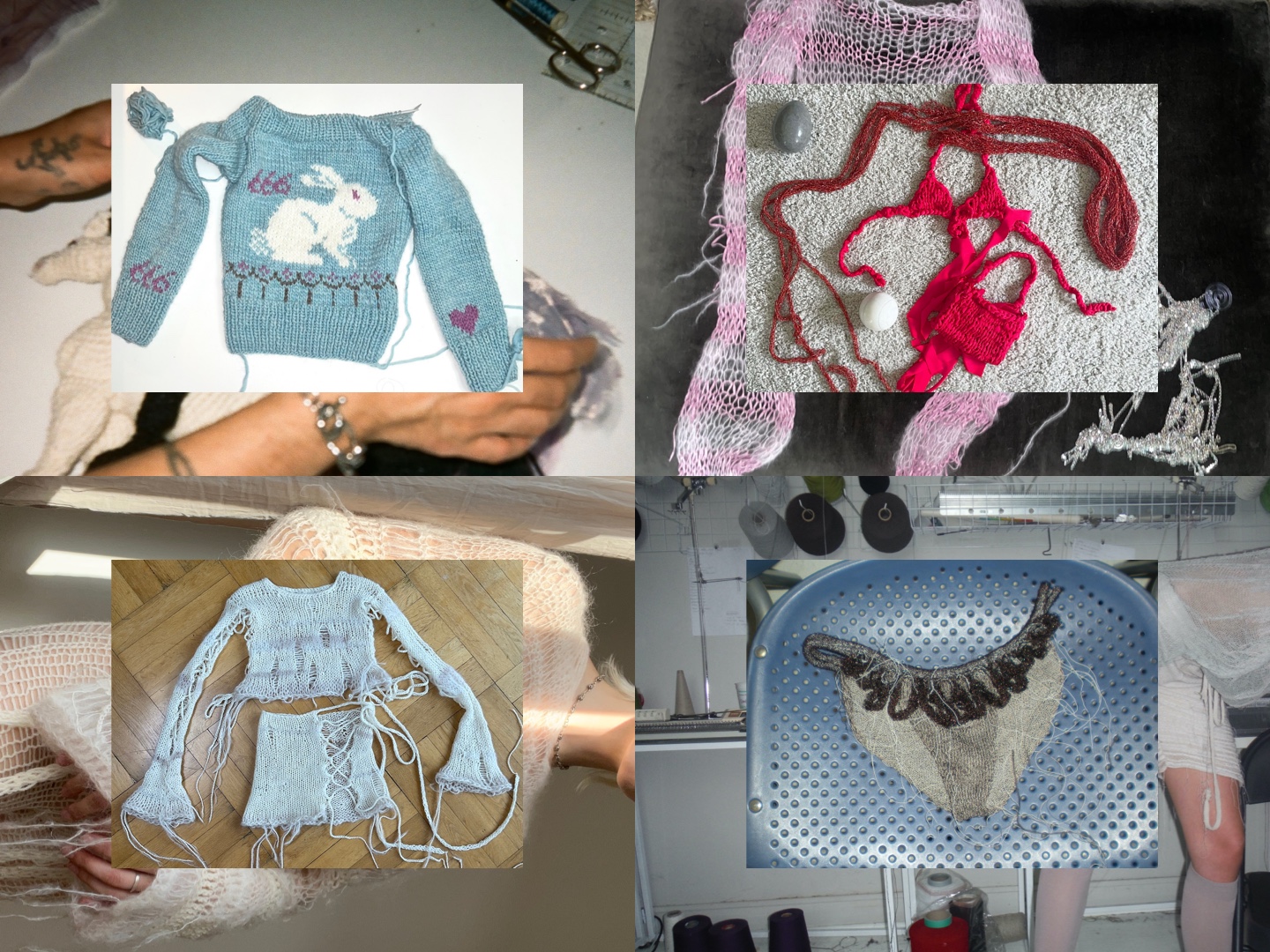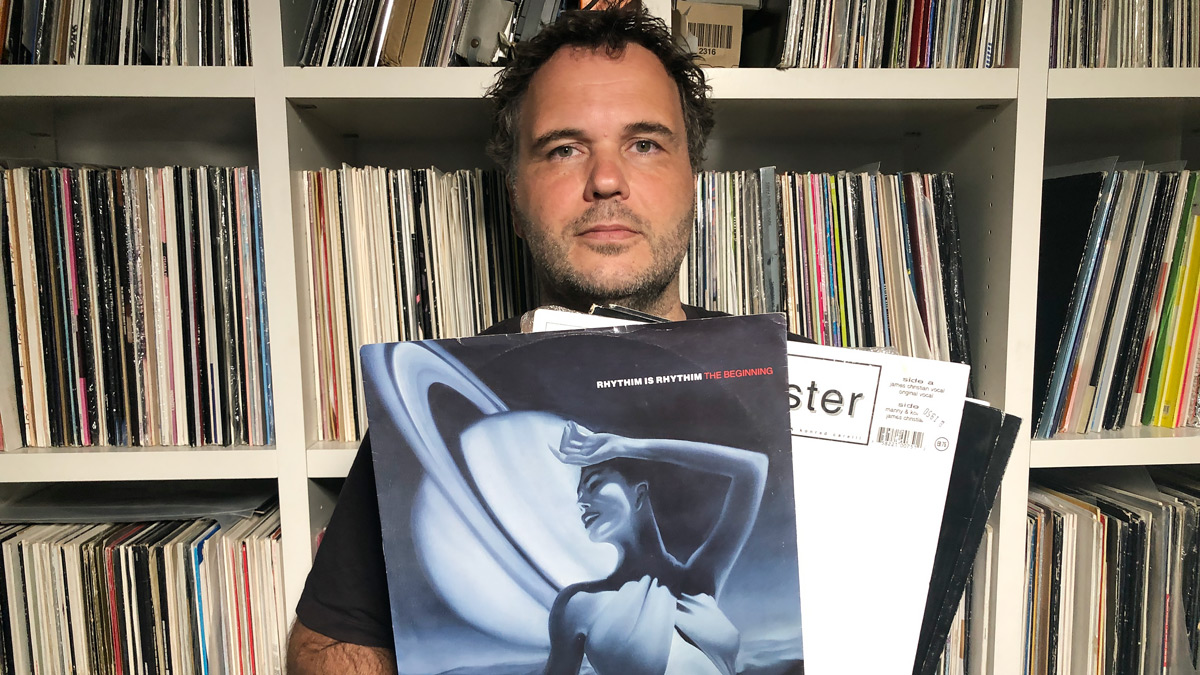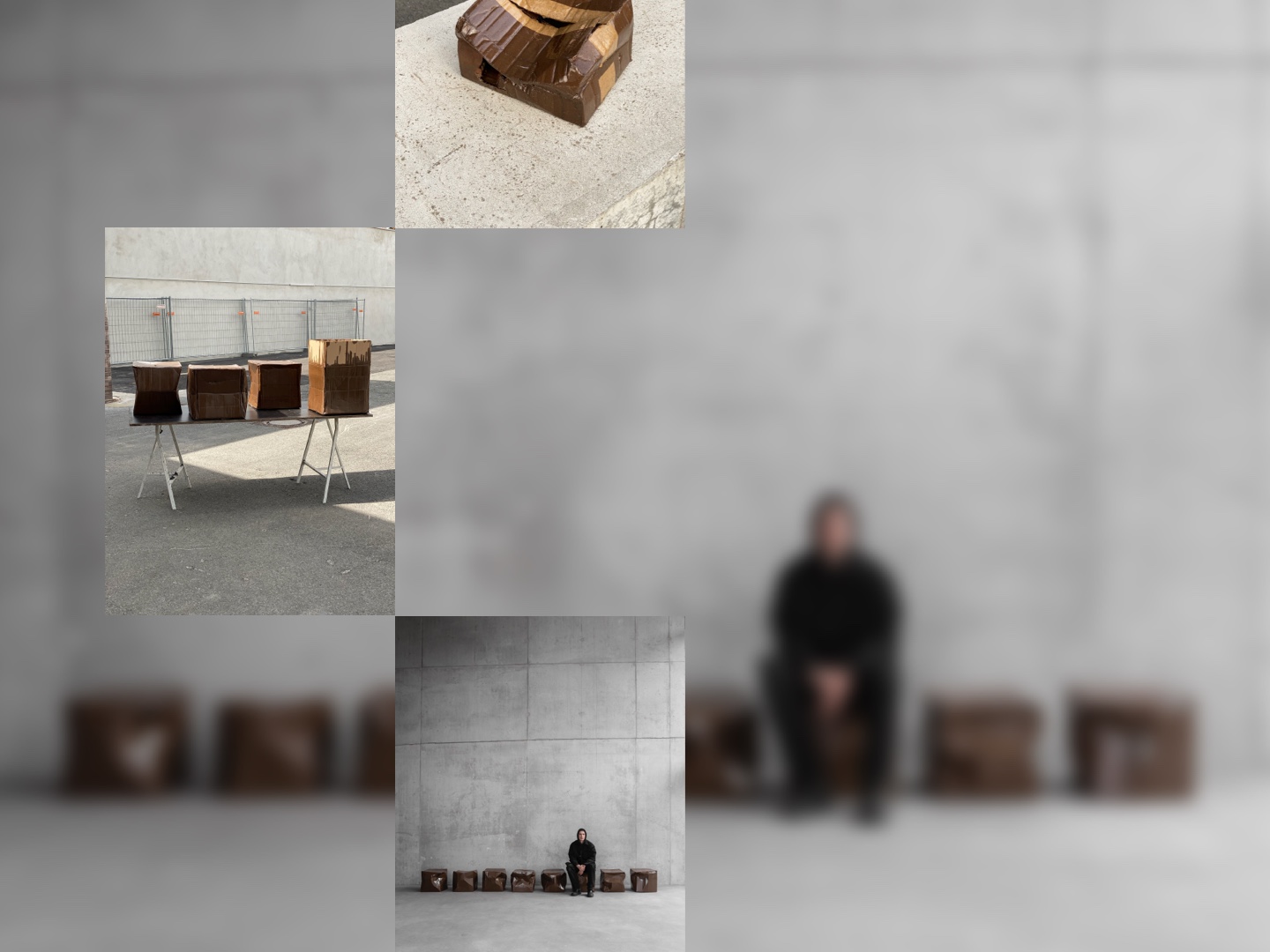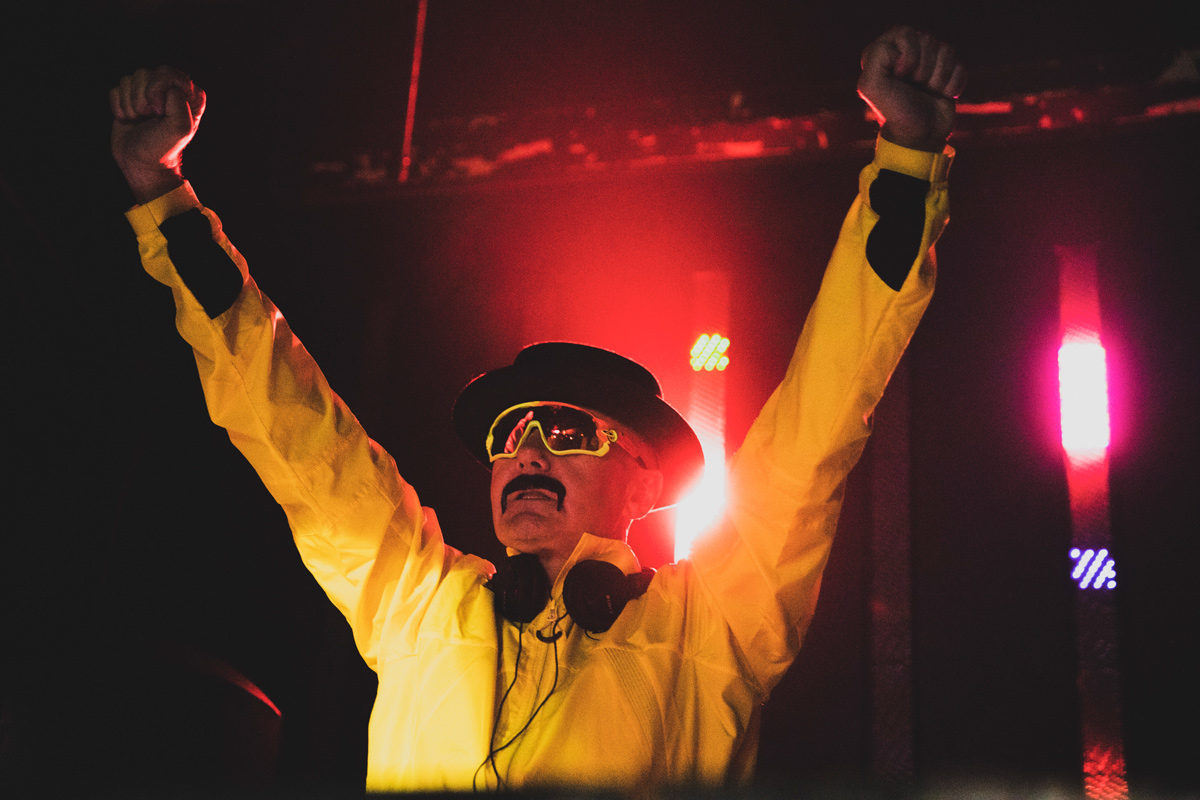Read The Incredible Story Of Croatia's Secret Industrial Music Underground
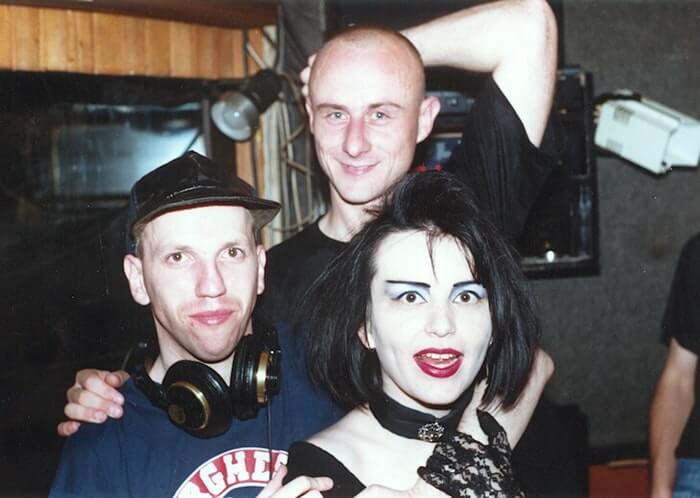
“But life is moving fast. We knew there was war and you didn’t want to have fun, but you had to–you couldn’t stop.”
While the genesis of industrial music—and associated genres like EBM and new beat—is largely associated with countries like England, Belgium and Germany, one of its most remarkable stories comes from the former Yugoslav nation of Croatia. After the death of Josip Tito in 1980, Croatia’s capital, Zagreb, was the breeding ground for a vibrant scene of industrial enthusiasts who channeled the grit of groups like Cabaret Voltaire, DAF and Einstürzende Neubauten into new bands, radio stations and clubs.
Influenced by the pioneering sounds of local outfits like Laibach and Borghesia, clubs like SKUC-Pauk and KSET, and radio stations like Radio 101, opened up a remarkable scene for the exploration of industrial and Dadaist currents in Zagreb. Often needing to smuggle synths and drum machines into the country, industrial music became the musical signature for the youth experiencing the tense politics of the era. As Aldo Ivančić from Borghesia recounts: “Industrial music served as a political stance to reflect the time. Art should be political, especially if talking about pop culture from the 20th century. This engagement was always important for me…It’s like Bertolt Brecht said. ‘Hungry man, reach for the book: it is a weapon.’ For me, music is the weapon. Use it.”
This fascinating story has been recounted in a new piece written by Andi Harriman for RBMA. It’s an essential read for music fans who want to develop a better understanding of the musical currents surging through Europe during the latter years of the Cold War. Read the fascinating piece in its entirety over on Red Bull Music Academy Daily here.
Read more: Listen to a playlist of over 1000 new beat classics from Bocaccio




